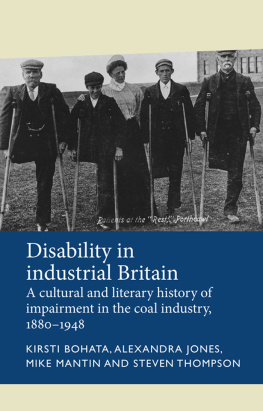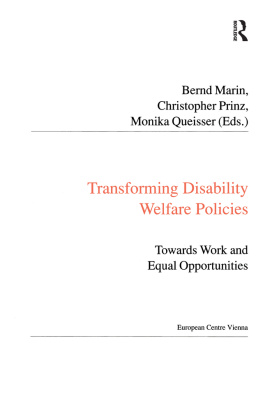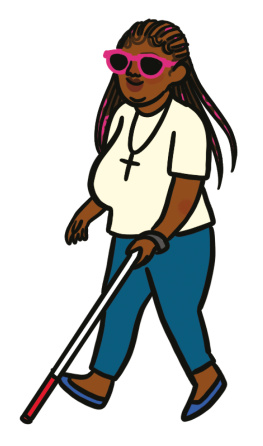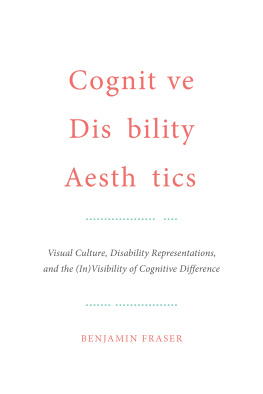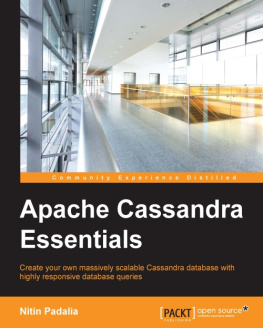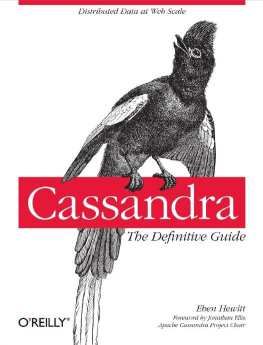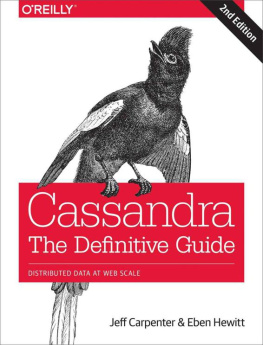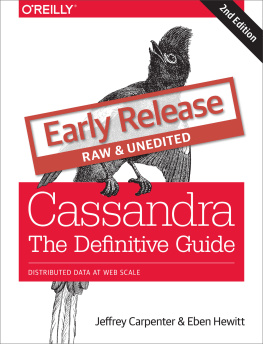A Place For Us
Copyright Cassandra Chiu, 2019
ISBN 978-981-14-0558-7 (Paperback)
978-981-14-0734-5 (E-book)
978-981-14-0637-9 (Braille)
Published under the imprint Ethos Books
by Pagesetters Services Pte Ltd
#06-131 Midview City
28 Sin Ming Lane
Singapore 573972
www.ethosbooks.com.sg
www.facebook.com/ethosbooks
The publisher reserves all rights to this title.
Except for the quotation of short passages for the purpose of criticism and review, no part of this publication may be reproduced, stored in a retrieval system, or transmitted, in any form or by any means, electronic, mechanical, photocopying, recording or otherwise, without the prior written permission of the publisher.
Cover, layout and design by Word Image Pte Ltd
Printed by Markono Print Media Pte Ltd
1 2 3 4 5 6 23 22 21 20 19
First published under this imprint in 2019
Typeface: Crimson
Material: 80gsm Enso Lux Bulk 2.0
National Library Board, Singapore Cataloguing-in-Publication Data
Name(s): Chiu, Cassandra.
Title: A place for us / Cassandra Chiu.
Description: Singapore : Ethos Books, 2019.
Identifier(s): OCN 1084227439 | ISBN 978-981-14-0558-7 (paperback)
Subject(s): LCSH: Chiu, Cassandra. | People with visual disabilities--Singapore Biography. | People with visual disabilities--Orientation and mobility--Singapore.
Classification: DDC 362.41092--dc23
This e-book is licensed or your personal enjoyment only. Ifyou would like to share this book with another person, pleasepurchase an additional copy for each person you share it with.
If you're reading this book and did not purchase it, or it wasnot purchased for your use only, please consider getting yourown copy from ethosbooks.com.sg. Thank you for respectingthe hard work of this author.
T HIS BOOOK is dedicated to the three women in my lifeahem, two women and one WoDog.
M OTHER, thank you for loving me unconditionally, for not discounting my abilities however little they may be at times and always encouraging me to reach for more. I truly appreciate all that you have done and selflessly sacrificed for me.
M y LITTLE PRINCESS, my daughter, for drawing out the determination in me to be the best mother I can bewithout you, I would not be the woman I am today.
M Y BELOVED GUIDE DOG, ESME. It was the experiences with you that made me the advocate I am today. It was your superior doggy intelligence which showed me that equal opportunities and true inclusivity is much more than mere tokenism alone. I love you for being the goofy character you are, for teaching me so many lessons in life, for faithfully supporting me through lifes ups and downs, and for trusting me to lead our partnership. There will never be another guide dog that could even come close to replacing you.
An Introduction
A COUPLE OF years ago, some friends and I were chased out with a broom accompanied by Hainanese profanities from Yet Con, the famous chicken rice stall in Purvis Street. This was all because I was trying to go about my normal life, having a meal with friends on a Sunday afternoon with my trusted guide dog, Esme.
In comparison, my experience in Beijings Wangfujing Street, the busiest commercial street in the city, was quite different. My friend, a local, was scolded and called crazy for asking if a guide dog was permitted into the teahouse we were trying to enter. The lady behind the counter actually asked if my friend was insulting her intelligence, and thought she was so stupid as to not know that guide dogs play a special role to guide their blind handlers and that they are allowed everywhere!
It is sad, but true, that in my thirty years of being blind, I had never experienced true inclusivity in the society I live in, yet it is something I advocate for almost every day of my life. The tides of oppression I face from education, to finding employment, simple banking, using public transport and going to the supermarket or food court are like a tsunami. Being told overtly or covertly that I am strange or not welcomed is part of my everyday life.
Yet, I have a dreamthat hopefully in my lifetime I would come to see persons with disabilities, or PWD, come to enjoy equal opportunities in all facets of our lives.
Towards the end of 2017, I tried applying for an educational module with the Lifelong Learning Institute to be a certified trainer for adult learners. Apart from running my counselling practice, I lecture post-graduate classes and give corporate training, so I felt that a recognised framework of training and accreditation for adult learners would be helpful in my professional development. I made an enquiry about what medium the course and assessments would be delivered in and if it was possible for me to access the teaching and assessment portal, as well as other options if my blindness were to prevent me from the usual route. The immediate answer I received was: There is no compatibility for the JAWS software. All readings and assessments are on the Learning Management System (LMS). There are also webinars conducted for certain modules that the JAWS software will not work well in delivering its intent. Thank you.
JAWS is quite literally my lifesaver, as it allows me to communicate through the computer with the rest of society. It is a text-to-speech computer software that allows a person with vision impairment to read and type through listening and speaking. Following their email response, I had a long telephone conversation with the institute, where, instead of talking about how I could possibly access their teaching materials, I was questioned on how I would travel for classes, and why and where I would use the skills should I be allowed to take and complete the course.
I felt like a troublemaker for requesting to attend a course not designed for the blind.
Two months after my initial contact, they finally invited me for a face-to-face meeting to explore the possible ways I could take the course. While I eventually passed that so-called interview and was invited formally to apply for the course, I realise that had I not persisted, I would never have been given this opportunity as an equal. While there is no responsibility for any training provider or business to make their products or services accessible for persons with disabilities, most of the time, the tone is repressive instead of welcoming. It was a coincidence that just days after that meeting, a school where I am lecturing at offered me an opportunity to study a module in curriculum design and assessment at Swinburne University. This fitted nicely into my professional development plans and I gratefully jumped at the chance.
In comparison, in 2016, I worked with Myanmar Airways International to draft policies that would make their airlines accessible for all passengers with disabilities, as well as those with guide dogs. In a country that had barely opened her doors to international trade, let alone have any known guide dogs, her people were so willing to consider including the entire spectrum of persons with disabilities in their growth and development. When I visited their head office at Airport Avenue Lane in Mingaladon, Yangon, a place where not many tourists would venture to, I not only got a chance to experience local food, culture and life first-hand, but also felt valued for my input. While we were all seated at the conference table, working through the policies I drafted, Mr. Peace, the Head of Quality, Safety, Security and Environment, intuitively started quietly announcing each point we were discussing for my benefit. Their spirit of inclusivity and corporate will are shining examples and serve as a great head start towards transforming their airlines into a truly inclusive one.


